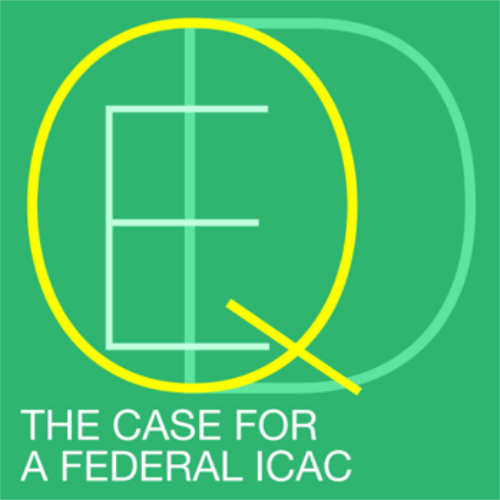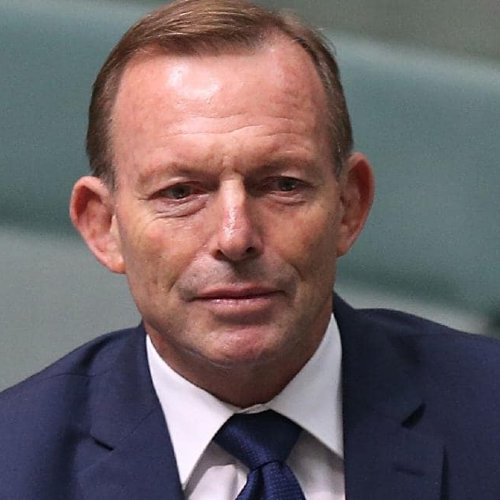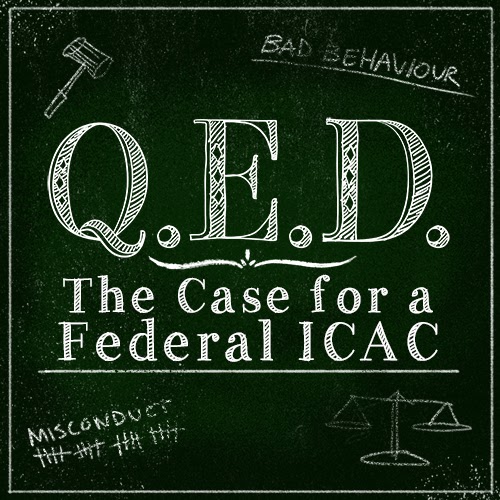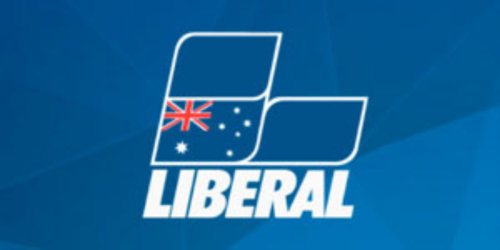Tony Abbott’s office ‘aided Chinese donation’ after ASIO warning
June 2016
Mr Abbott had reportedly been warned by ASIO about the donor’s links to the Chinese Communist Party the previous year, in 2015, while Mr Abbott was prime minister.
“Mr Abbott is aware that Mr Huang sought to donate to the Liberal Party and understands he was encouraged to do so in accordance with AEC rules,” a spokesman for Mr Abbott said when asked on about the former prime minister’s dealings with Mr Huang as the businessman sought to donate during the 2016 election campaign.
But sources familiar with the matter reportedly told the Sydney Morning Herald that Mr Abbott’s office directly contacted at least one local Liberal campaign team to discuss Mr Huang’s offer of donations.
It was also reported that following media inquiries, Andrew Hastie, the chair of federal parliament’s national security committee, revealed he had instructed the WA Liberal Party to return $10,000 after tracing the funds to a company controlled by Mr Huang, Chaoshan 1 Pty Ltd.
According to the Sydney Morning Herald, the payment from Mr Huang’s company went to Mr Hastie’s Federal Electorate Conference, managed by the Liberal Party. It was one of several payments by Mr Huang’s companies worth $140,000 to various Liberal campaigns ahead of the 2016 election.
Mr Huang’s companies also donated $85,000 to Labor in the months before the election.
A 30-year veteran of the mainstream media, Liz was the editor of MWMuntil June 2021. Liz began her career in journalism in 1990 and worked at The Age newspaper for two 10-year stints. She also worked at The Guardian newspaper in London for more than seven years. A former professional tennis player who represented Australia in the 1984 Los Angeles Olympics, Liz has a Bachelor of Arts and a Bachelor of Letters (Hons).




